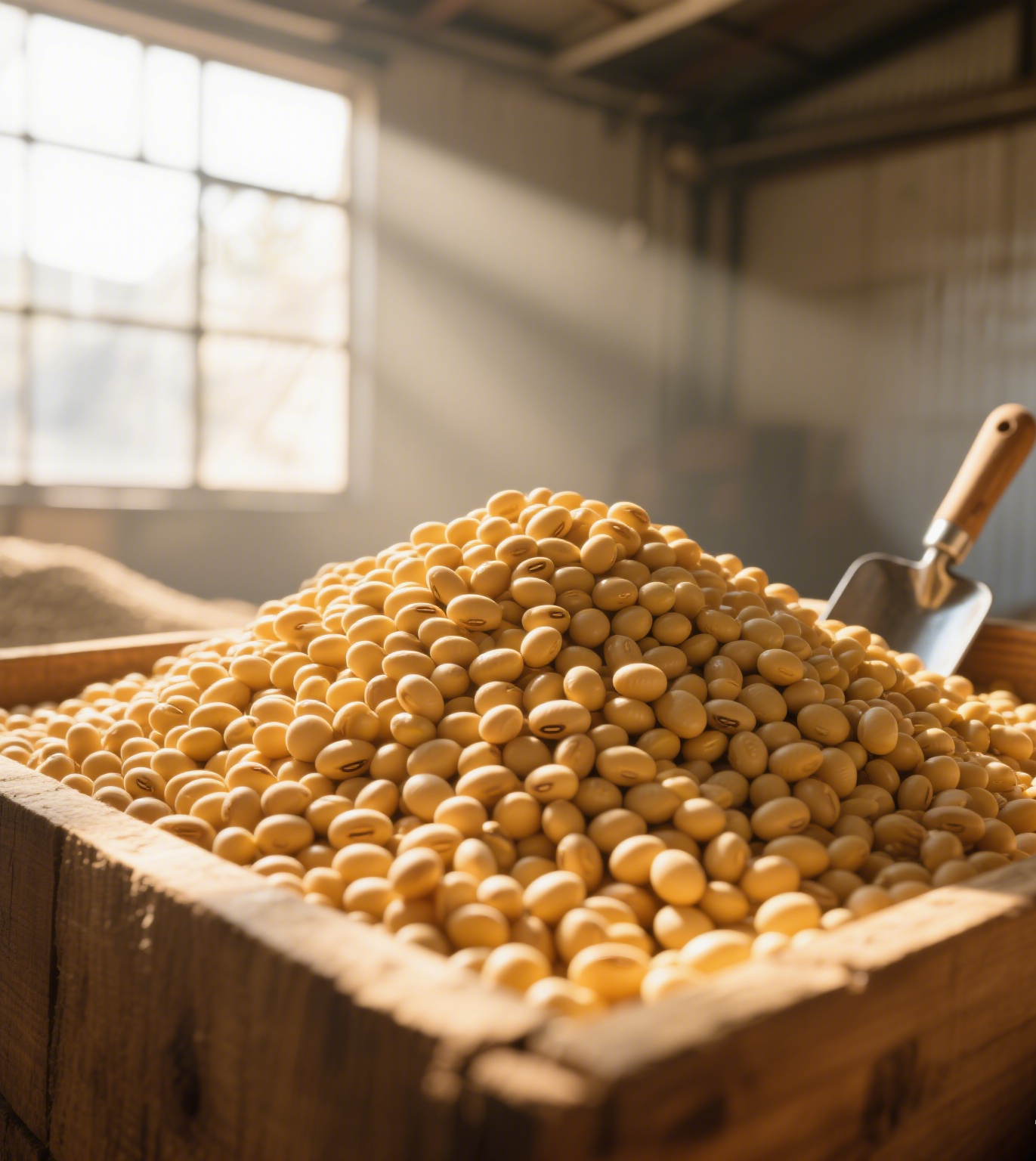china soy protein
China soy protein represents a significant advancement in plant-based protein solutions, offering a sustainable and versatile ingredient derived from carefully selected soybeans. This protein source undergoes sophisticated processing techniques that preserve its nutritional integrity while enhancing its functional properties. The product features an impressive amino acid profile, making it comparable to animal-based proteins in terms of nutritional value. With protein content typically ranging from 65% to 90%, it serves as an excellent protein source for various food applications. The technological features include superior solubility, excellent emulsification properties, and stable gel-forming capabilities, making it ideal for both food manufacturing and dietary supplementation. Its applications span across multiple industries, including meat alternatives, dairy substitutes, bakery products, and nutritional beverages. The protein demonstrates remarkable water-holding capacity and fat absorption properties, contributing to improved texture and stability in food products. Additionally, its neutral taste profile allows for versatile application without compromising the final product's flavor. The manufacturing process adheres to strict quality control measures, ensuring consistent product quality and meeting international food safety standards.


